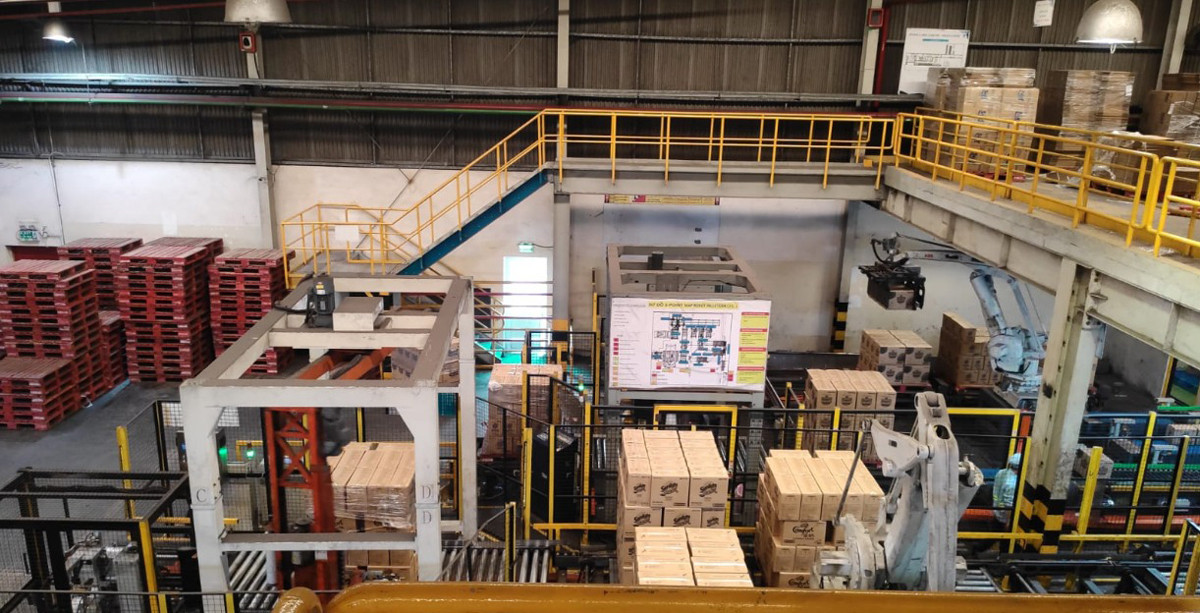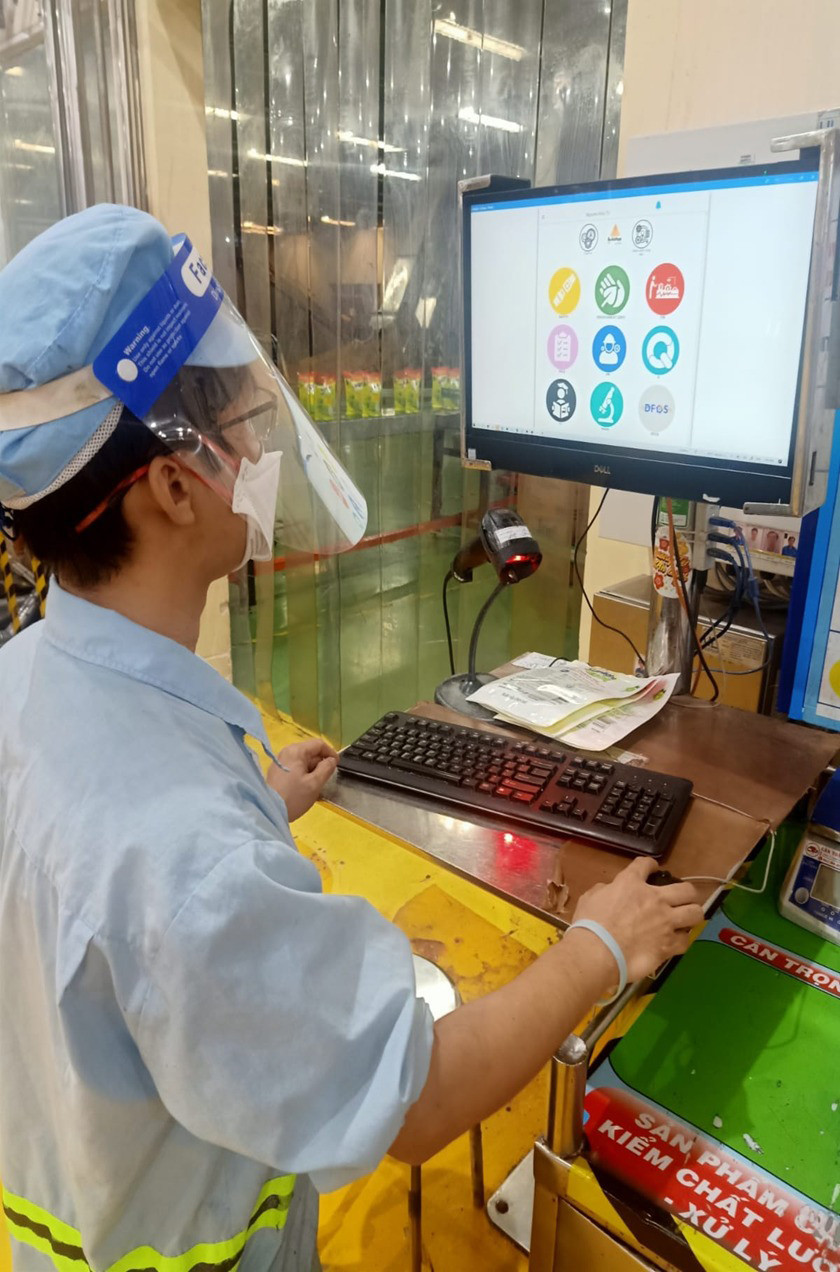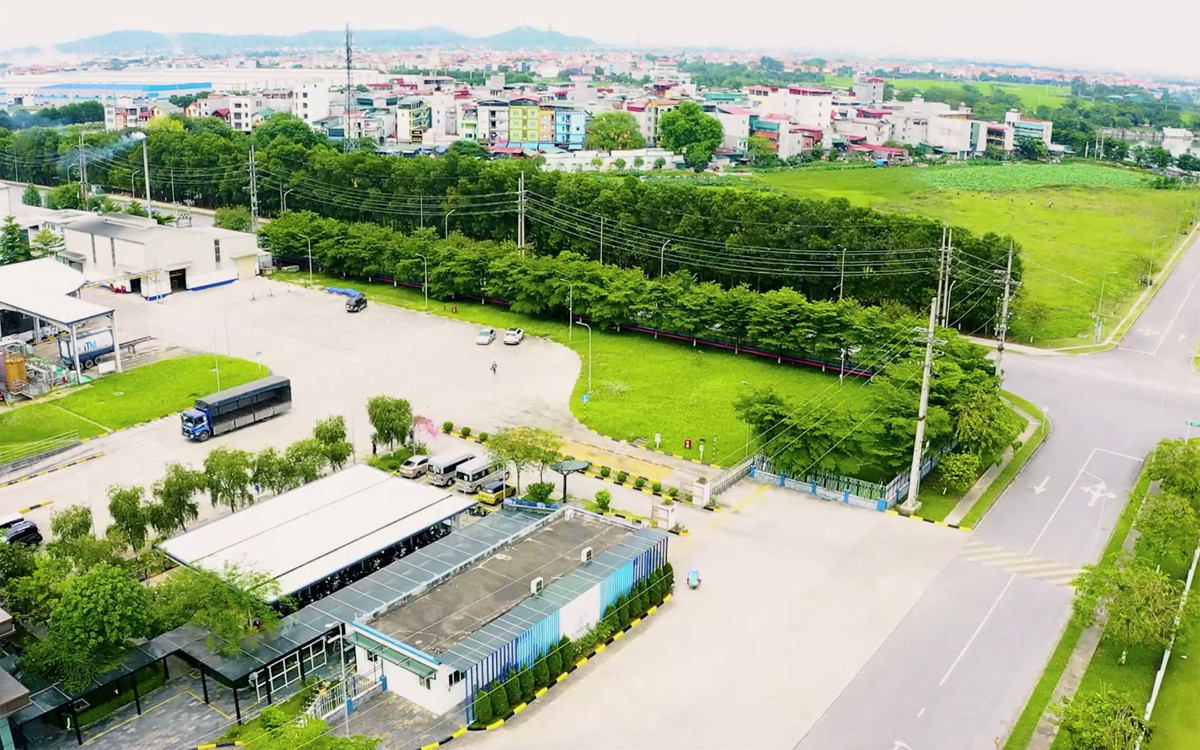Digitization journey at factories

Two factories owned by Unilever Vietnam located in Bac Ninh and Cu Chi district (HCM City) have built and implemented a roadmap for modernization and digital transformation since 2018, towards the goal of 2024.
In the first phase from 2018 to 2019, those factories have made the transition from manual manufacturing and operations and discrete data management to smart automation and robotics, along with the application of basic digitized work management tools to collect and visualize data, underpinning to apply the industrial revolution 4.0 advancement to improve the capacity.
In the period from 2020 to 2021, although the COVID-19 epidemic caused many challenges for production and business activities, Unilever Vietnam’s factories have strived to promote the smart automation and robotic process in production activities, serving the product packaging and delivery by the end of 2021.
Besides, data management and usage process has also been upgraded with the Internet of Things (IoT) system, artificial intelligence (AI) through a super application that allows all employees and plant managers can interact, monitor operations and performance, detect and analyze losses that may occur to all equipment in the factories for the product manufacturing process, as well as conduct the real-time recording and synchronization of all feedback and information to an AI system for timely data analysis and processing. This underpins and accelerates the process of data analysis and forecasting, thereby further improving operational efficiency and anticipating future trends.
In the period from 2022 to 2024, Unilever Vietnam's factories are gradually applying complete machine learning and big data to the production and operation, aims to achieve 100% of the goal of smart automation by 2024.
Improve work efficiency, equip people with future-fit skills

The digitization process in Unilever Vietnam's factories helps achieve efficiency, innovation and positioning for the business, together with promoting the digital and technology skill development for the workforce.
Smart automation solutions, the use of robots, machine learning... play an important role in accelerating the pace of innovation, optimizing the production process. Specifically, Unilever Vietnam’s factories have increased the efficiency and speed of delivery for all brands’ products. This contributes to a faster response to changing consumer needs, thereby enhancing Unilever's competitive position in the market.
In addition, the process of technology application and digitization at Unilever Vietnam's factories also opens up opportunities to learn and develop digital transformation skills for their employees, transitioning from manual operations to robotic usage and, going further, being able to analyze data and design automation systems as well as algorithms programming.

Cu Chi and Bac Ninh factories currently have a team of IoT and data engineers, and 100% of employees have been trained and are fully proficient in operating the automation process in the factory. After 4 years of training, coaching and praticing, the engineer team at Unilever Vietnam factories are able to design and program new smart automatic systems while 100% of technical enployees are capable of delivering maintenance for existing systems.
At the same time, the power of technology is also reflected in the positive impact on the environment. With the application of innovation and science - technology, Unilever Vietnam's factories have pioneered in converting from fossil to renewable energy, ensuring the commitment to use clean fuel in production by replacing with biomass fuel sources, using solar power, removing fossil fuels, reducing CO2 emissions creating the greenhouse effect.
PV